energy transition

New Direction for the Energy Sector After the 2026 Bangladesh Elections
Bangladesh is at a crossroads, and the direction it will choose will greatly influence the future of its energy sector, economy and population's well-being. What’s known is that the new government should prioritise leaving energy poverty and insecurity behind, and, with that, fossil fuels as well.

2026 Thailand elections: Climate and Energy Take a Back Seat
Analysts don't expect the winning party to prioritise climate and the energy transition as standalone items in its political agenda, but instead consider them enablers for economic growth. Regardless of the approach, Thailand needs to phase out fossil fuels and accelerate renewables deployment to boost energy security, alleviate air pollution and ensure massive cost cuts.

Strengthening Energy Resilience to Overcome Power Outages in Southeast Asia
As extreme weather disasters strike, causing long-lasting outages, disrupting access to essential services and threatening the health of people in affected areas, such events have been common in Southeast Asia recently. The aftermath reminds us of the importance of strengthening the energy system’s resilience. However, in most Asian countries, it remains neglected in climate change adaptation and resilience policies.
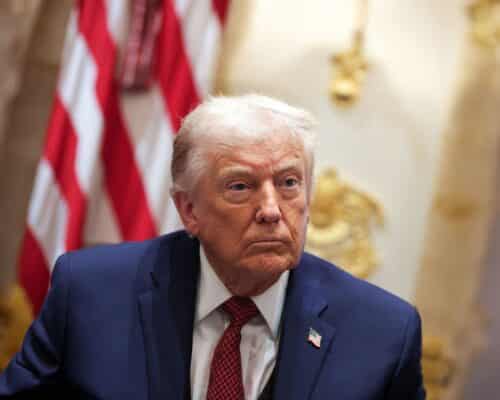
After Seizing Venezuela Oil, Trump Quits 66 International Organisations: The Impacts
Scientists, market experts public and private stakeholders argue that Trump's latest moves won't erase climate science. While they will definitely derail the global efforts to tame the climate crisis, the biggest damage would be done to the US, its economy, global stature and relationship with allies.
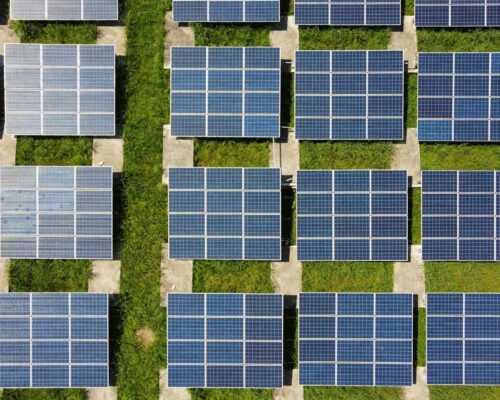
2026 Renewable Energy Outlook: A Potentially Quieter Year, But Steady Growth to Continue
While most experts anticipate a potentially quieter 2026 for the renewable energy industry, new capacity deployment is expected to continue growing, primarily driven by China. This will ultimately seal the fate of coal power, further accelerating its decline. Still, more ambitious and urgent action is needed to achieve a triple increase in renewable energy capacity by 2030.
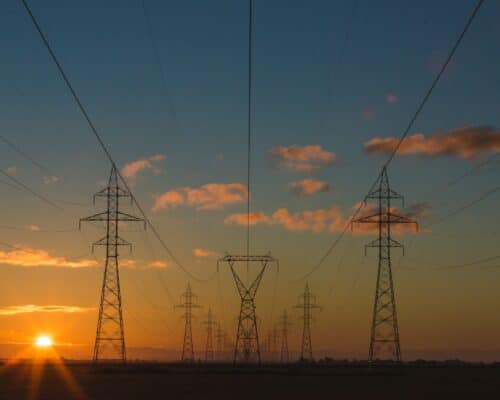
What COP30 Should Deliver to Advance the ASEAN Power Grid
The regional grid, a decades-old concept, could significantly accelerate Southeast Asia’s transition to renewables, ensuring stable, secure, clean and affordable electricity for countries in the region. However, for that to happen, leaders at COP30 must address the policy and financing roadblocks impeding the initiative.
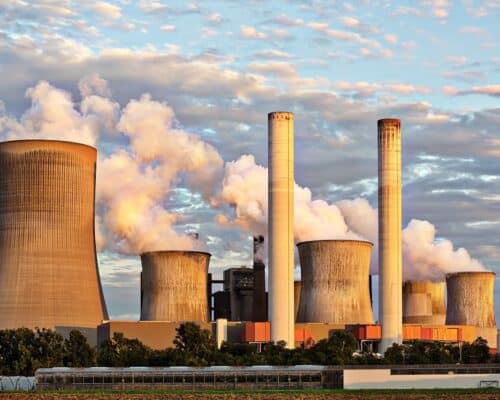
China’s 2035 NDC: Emissions to Drop 7-10%, Analysts Concerned
There are targets, and then there’s reality, and China’s 2035 NDC perfectly embodies this. While the targets are weak, it is hard to imagine that they weren’t set on purpose, just to be broken afterwards — a habit China has demonstrated over the years.

Climate Governance at an All-time High But Challenges Remain
Analysing the progress made in the decade after the Paris Agreement, DDP experts find that climate governance has put us on the right trajectory. However, a lot of work is left, and countries need to scale and accelerate their efforts to avoid the worst impacts of the climate crisis and unlock economic growth and resilience along the way.
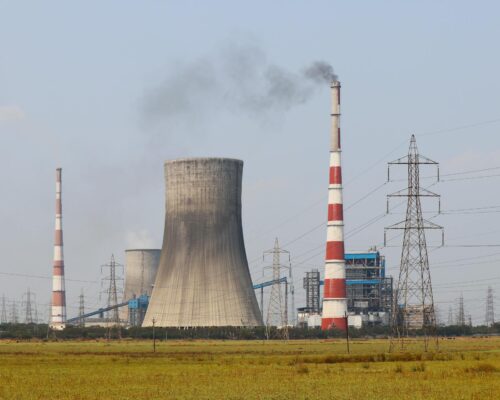
CREA: Indonesia’s RUPTL Plan Puts Fossil Fuels First, Renewable Energy Later
According to CREA, Indonesia’s RUPTL 2025-2034 reveals major discontent between the ambitious climate pledges and public commitments of the country’s leadership and the real plans, which see a projected growth and a pivotal role for fossil fuels.
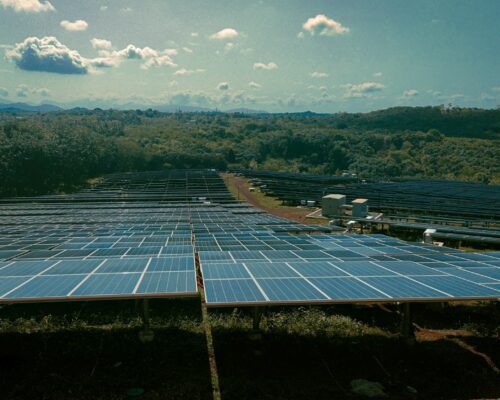
China’s Green Manufacturing Industry Brings Massive Investments to 54 Countries
A new database reveals that a rapid acceleration in overseas investment by Chinese green technology manufacturers is reshaping the global clean-tech landscape and bringing economic benefits to over 50 countries worldwide, with ASEAN attracting the most capital.

2025 House of Councillors Election Results Bring Uncertainty For Japan
The election results indicate that the government may now need to make concessions to other parties to pass legislation. And with the growing influence of Trump-inspired parties, climate action and renewables-favouring energy policies might take yet another blow.

The G7 Summit and the Bonn Climate Conference 2025 Fail to Deliver, Mounting Pressure on COP30
Military conflicts, trade wars and geopolitics distracted attention from the climate crisis at this year's Bonn Conference and G7 Summit. However, as the Paris Agreement marks its tenth anniversary, countries should demonstrate ambition in their NDCs and use COP30 to outline a clear vision for the next and most important decade for global climate action.

China’s CO2 Emissions Fall For the First Time
China's accelerated renewable energy deployment has allowed it to slash emissions and unlock the numerous benefits of the green energy transition, giving Southeast Asian nations a push to recognise and capitalise on the benefits of decarbonising their economies — from cost-cutting and energy security to ensuring a liveable future.
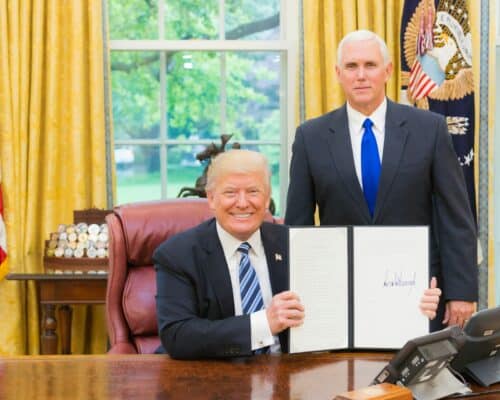
US Tariffs on Southeast Asia: What They Mean for Global Trade
From islands inhabited only by penguins to decades-long trade partners, over 90 jurisdictions were slapped with tariffs once President Trump got back at the helm of the US. While the move risks causing massive short-term instabilities, it can prove a blessing in disguise for Southeast Asia and its solar panel manufacturing industry.
Most Popular
Categories
-
10
-
35
-
126
-
4
-
17
-
46
-
52
-
11
-
10
-
15
-
24
-
6
-
1
-
5
-
6
-
284
-
200
-
17
-
24
-
1
-
1
-
23
-
41
-
44
-
88
-
18
-
86
-
41
-
17
-
11
-
43
-
54
-
86
-
299
-
22
-
44
-
36
-
11
-
42
-
36

